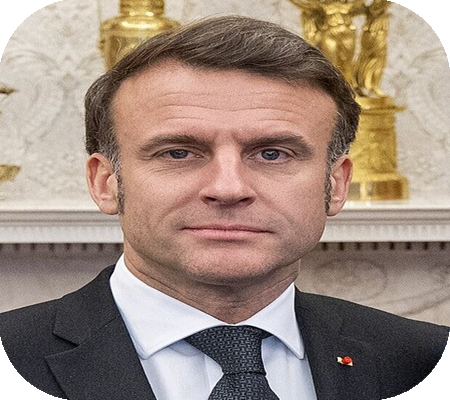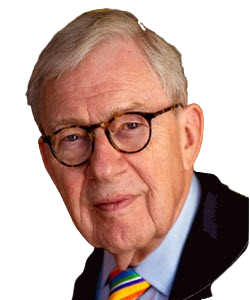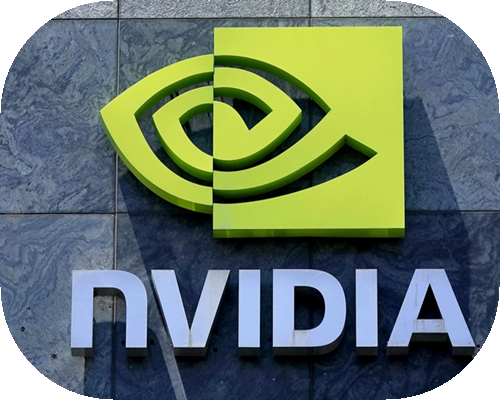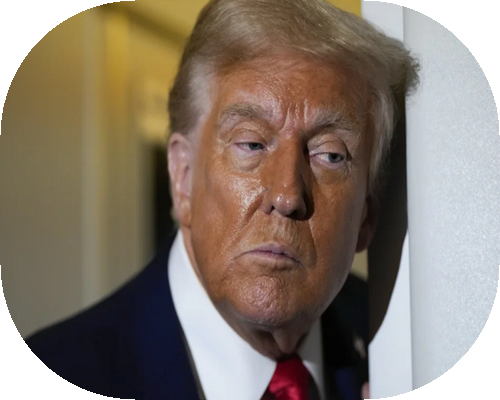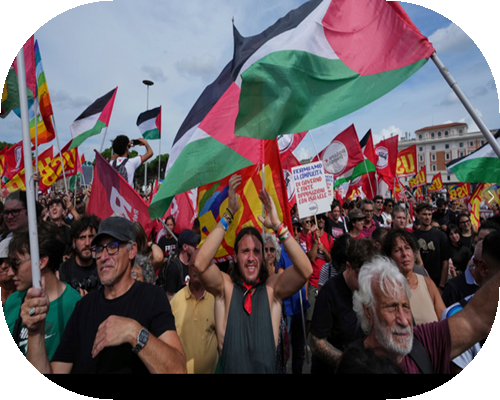At a time when domestic political turmoil seemed to engulf his second term, Emmanuel Macron is experiencing a remarkable political resurrection. His approval rating has jumped from 24 percent in March to 31 percent in April — a phenomenon whose origins lie not in domestic successes but in an unexpected international circumstance: Donald Trump’s hostility toward NATO has suddenly transformed Macron’s long-ridiculed vision of European strategic autonomy into a lucid premonition.
Since his Sorbonne speech in 2017, the French president has tirelessly advocated for a Europe capable of ensuring its own defense rather than surrendering entirely to American protection. His calls systematically met with indifference, dismissed as outdated Gaullist grandiloquence. However, Trump’s recent threats to let Russia “do whatever the hell it wants” to NATO members failing to meet their financial obligations have metamorphosed Macron’s warnings: yesterday’s alarmist now appears as tomorrow’s visionary.
In this context, the French head of state has seized the opportunity with remarkable skill. Despite significant national budgetary constraints, he secured a historic military programming law of 413 billion euros for 2024-2030 — a one-third increase over previous allocations. This colossal investment will modernize French armed forces, strengthen air defense systems, develop drone capabilities, and consolidate nuclear deterrence infrastructure. That such expenditures were approved during a period of budgetary restrictions testifies to the radical transformation in the European strategic equation.
Paradoxically, Trump’s skepticism toward NATO has weakened the French far right. Marine Le Pen, whose Euroscepticism and ambivalence toward the Atlantic Alliance resonated substantially with the electorate, now finds her vision increasingly out of step with the political mainstream. Recent polls show a significant decline in her popularity, while her political future has suffered a severe blow after a legal decision preventing her from running for the presidency again.
This spectacular shift in the political landscape has rendered her once-popular brand of nationalism anachronistic at a time when French voters are rallying behind Macron’s vision of a stronger, more independent Europe.
The president has not limited himself to increasing French capabilities. In a bold initiative that would have seemed unthinkable a few years ago, he proposed extending the French nuclear umbrella to European allies — a direct response to concerns about the reliability of American protection. The project to reactivate the Luxeuil-Saint-Sauveur Air Base to host Rafale fighters equipped with hypersonic nuclear-armed cruise missiles by 2035 confirms France’s position as the backbone of a new European security architecture.
This ambition demands unprecedented European investment. Macron has called for mobilizing “hundreds of billions of euros” to strengthen the continent’s collective defense capabilities. More surprisingly, he now finds attentive ears in capitals where French defense leadership was once viewed with suspicion.
The collaboration between Macron and German Chancellor Friedrich Merz embodies a renaissance of the Franco-German engine that has historically driven European construction. Their shared commitment to simultaneously strengthening the EU and NATO while redefining trans-Atlantic relations has created new momentum for a unified European defense posture.
Even post-Brexit Britain, under Prime Minister Keir Starmer, recognizes the strategic disadvantages of isolation and seeks closer alignment with continental defense initiatives. British participation in supporting Ukraine alongside European partners signals London’s intention to remain an integral part of European security despite its departure from the Union.
What we are witnessing is not a political rebound for a French president but a fundamental redesign of European strategic thinking. Macron’s renaissance reflects a collective realization: Europe can no longer entirely outsource its security to Washington. The mathematical equation of defense is changing, and Europe — guided by a reinvigorated France — is finally calculating how to stand on its own.
Nevertheless, considerable challenges remain. Transforming decades of strategic dependence requires more than increased budgets and ambitious declarations. Macron must materialize his vision into concrete capabilities and institutional frameworks capable of surviving electoral changes across multiple European nations.
The window for building European strategic autonomy may be narrow. Should American commitment to European security weaken further, the continent must be prepared. Macron, once mocked for ambitions deemed excessive, now finds himself legitimized by events — and empowered to define Europe’s place in an increasingly unpredictable world.
The irony is striking: while Trump faces sharp criticism for his attacks on NATO’s current structure, arguing that Europe does not bear a fair share of the defense burden, his challenge ultimately forces the most reluctant Europeans to assume their responsibilities and strengthen their collective defense apparatus. In this historic process, Macron — a leader who once struggled for political survival — now orchestrates the emergence of a new era for European defense.
How useful was this article ?
Click on a star to rate it!
Average rating 4 / 5. Vote count: 1
No votes so far! Be the first to rate this post.
We are sorry that this post was not too useful for you!
Let us improve this post!
Tell us how we can improve this post?


